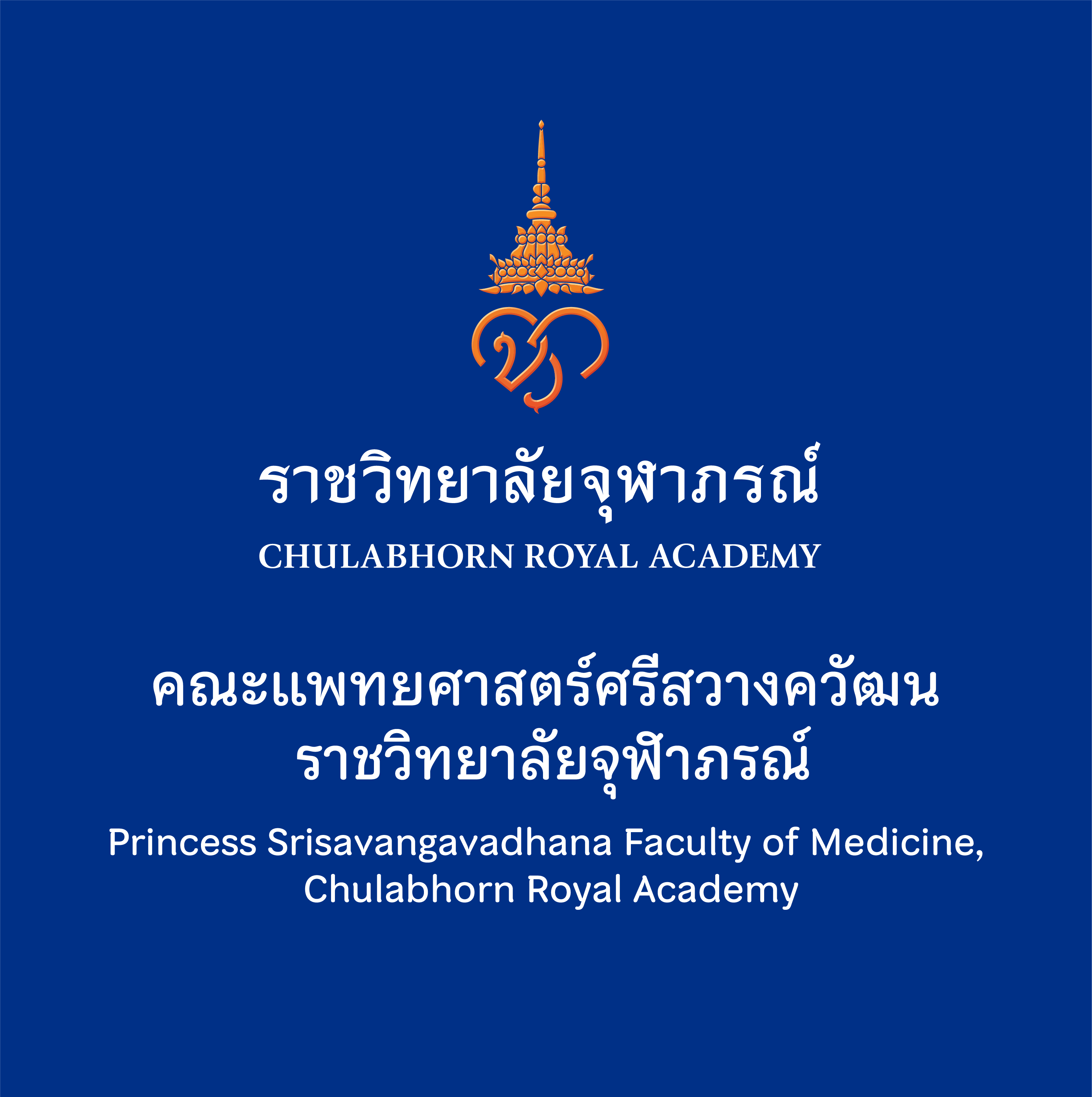
อาจารย์ ดร.ปริยวุฒิ เหราบัตย์
อาจารย์ประจำวิทยาลัยแพทยศาสตร์ศรีสวางควัฒน
EDUCATION AND PROFESSIONAL TRAINING
| YEAR | DEGREE | MAJOR | UNIVERSITY | COUNTRY |
| 2015 | Ph.D. | Biological Science | Royal Holloway, University of London | UK |
| 2008 | M.Sc. | Research Science | Royal Holloway, University of London | UK |
| 2006 | B.Sc | Biochemistry | Royal Holloway, University of London | UK |
PUBLICATIONS
1. Phuwasanpetch, P, Sinthuwiwat T, Yimnoon J, Auewarakul C, Herabutya P. Retrospective karyotype analysis of 12,261 cases with hematological malignancy. J Med Assoc Thai. 2018 June; 101(6):93-100
ABSTRACTS / POSTERS
2017 – Poster Presentation: Retrospective karyotype analysis of 12,261 cases in Thai patients diagnosed with haematological malignancy, International conference on, “Innovation in Cancer Research and Care”, Bangkok, Thailand
2016 – Poster Presentation: A study to investigate the proportion of haematological malignancies, 2009-2015 – at The 8th Princess Chulabhorn International Science Congress, Bangkok, Thailand
2015 – Poster Presentation: The Study of Phosphoinositide 3-Kinase Signalling in Giardia intestinalis. Liverpool,UK
Research of Interests
- Fluorescence in situ hybridization (FISH) as a potential tool to detect cholangiocarcinoma
Cholangiocarcinoma have emerged as one of the most prevalence cancer in South-east Asia in recent years. Cholangiocarcinoma (CCA) is considered to be incurable and rapidly lethal cancer unless both the primary tumour and any metastasis can be fully removed by surgery. Therefore, it is important that CCA is detected at the earliest stage through using diagnostic tools that has a high specificity and sensitivity. The development of timely and more efficient molecular diagnostic methods, along with the development of new treatment methods was recently identified as one of the most pressing needs in medical cancer research.
We are interested in developing and implementing FISH as a potential diagnostic tool to detect CCA in the early stages of the disease. Currently diagnosis for CCA is based on clinical, radiological imaging, biochemical markers, cytology and histopathology of the tumour. We aim to establish a specific panel of FISH probes that can be use as a tool to classify the stages of Thai CCA patients and to study the frequency of the common chromosomal aberration within the sample reported with CCA.
- Cytogenetic analysis, molecular diagnosis of haematologic malignant diseases
Over 30 haematological disorders can be detected by cytogenetic and molecular cytogenetics in peripheral blood, bone marrow aspirate and tissue sample.
We have reported over 12,261 cases with haematological malignancy using cytogenetic analysis with a number of rare three-ways and four-ways translocation highlighted in translocation on chromosome 9 and chromosome 22.

